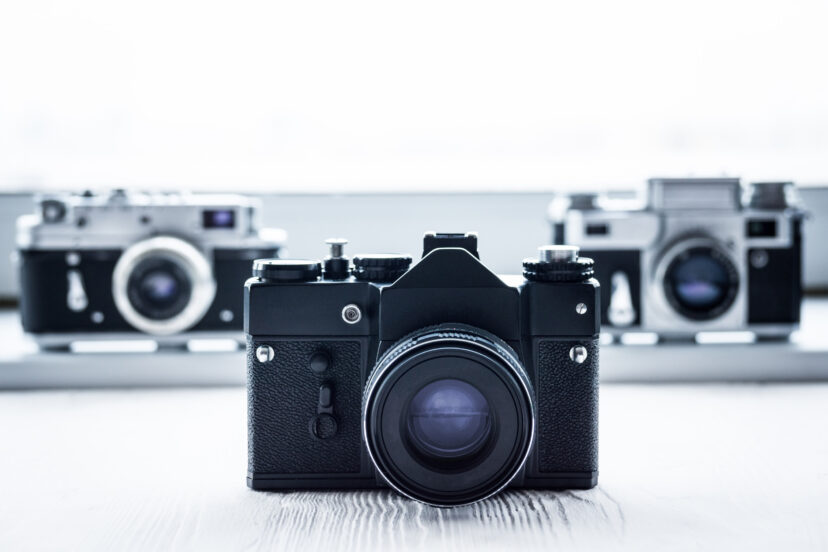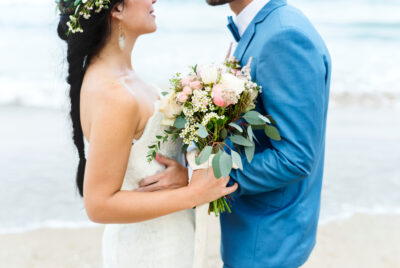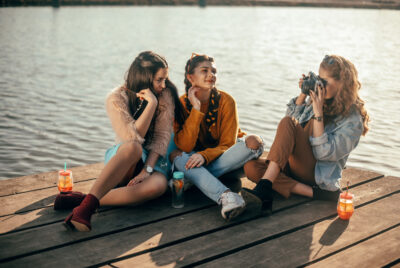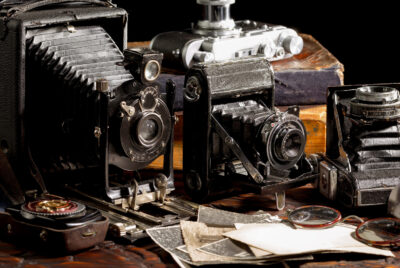Good Cameras for Photography: Guide for Every Skill Level
If you’re here, it probably means you’re either about to buy your first camera or maybe you’re upgrading your current one. I’ve been down that road — confused, overwhelmed, staring at specs I didn’t understand. That’s why today, I’m breaking down everything you need to know about finding good cameras for photography.
Why Choosing the Right Camera Matters
The truth is, a good camera isn’t just about megapixels or flashy features. It’s about matching the camera to your style, needs, and even your personality. Having the right gear can unlock your creativity and help you capture the world exactly the way you see it.
>>> Today’s deals for cameras on Amazon CLICK HERE <<<
Key Features to Look for in a Good Camera
Before we dive into specific models, let’s talk about what really matters.
Sensor Size and Quality
Think of the sensor as your camera’s eyeball. A bigger, better-quality sensor means better photos, especially in low light. Full-frame sensors are king, but crop sensors (APS-C) are lighter and more affordable — and still produce gorgeous shots.
Autofocus Performance
If you’re shooting kids, pets, or anything that moves faster than a sloth, fast and accurate autofocus is a must. Look for cameras with eye-detection and subject-tracking features!
Image Stabilization
You know that shaky-hands feeling? Cameras with built-in image stabilization help smooth out those tiny shakes, giving you sharper images without needing a tripod all the time.
Ease of Use
Menus should make sense. Buttons should be where your fingers naturally go. If using your camera feels like solving a Rubik’s cube, it’s the wrong camera for you.
Best Cameras for Beginners
Starting out is exciting (and a little nerve-wracking). Here are two beginner-friendly champs:
Canon EOS Rebel T8i
This DSLR is like your favorite pair of sneakers: reliable, comfortable, and stylish. It has great autofocus, intuitive menus, and a nice, touch-sensitive screen that flips out — perfect for selfies and vlogging too.
Nikon Z50
A mirrorless gem! It’s light, fast, and the electronic viewfinder helps you “see” your exposure changes before snapping the photo. Plus, the image quality punches way above its price point.
Best Cameras for Intermediate Photographers
Feeling more confident? These cameras will take you further:
Sony Alpha a6400
Sony nailed it with the a6400. Lighting-fast autofocus, stunning 4K video, and a compact size that doesn’t weigh you down. I use mine when I’m traveling because it’s basically a powerhouse in a small body.
Fujifilm X-S20
Fujifilm’s colors are magic — seriously. Straight out of the camera, your photos will pop. The X-S20 also offers incredible controls and gorgeous film simulation modes that’ll make you fall in love with photography all over again.
Best Cameras for Professional Photographers
When photography is your career (or serious passion project), you need top-shelf gear.
Canon EOS R5
This mirrorless beast delivers jaw-dropping resolution (45 megapixels!) and super fast autofocus. If you shoot weddings, sports, or fine art, this camera will not let you down.
Sony A7R IV
The detail this full-frame monster captures is amazing. With 61 megapixels and incredible dynamic range, it’s ideal for studio work, landscapes, and large prints.
>>> Today’s deals for cameras on Amazon CLICK HERE <<<
Mirrorless vs DSLR: Which One Should You Choose?
Here’s the scoop:
-
Mirrorless cameras are lighter, faster, and better for video.
-
DSLRs still offer slightly better battery life and an optical viewfinder, which some folks prefer for bright conditions.
Me? I’m team mirrorless. Once you feel how light they are (and how awesome the live exposure previews are), you might never go back.
What About Smartphone Photography?
Let’s be real — smartphones are ridiculously good now. For casual photographers or content creators, flagship phones (like iPhone Pro or Samsung Galaxy Ultra) can produce stunning shots.
But if you want total control, dreamy bokeh, or you plan to print your images big, a dedicated camera still wins.
Best Lenses to Pair with Your Camera
The body gets the spotlight, but the lens is the secret sauce.
Versatile Zoom Lenses
A 24-70mm f/2.8 lens is an all-around champ. You can shoot wide landscapes, tight portraits, and everything in between.
Prime Lenses for Portraits and Sharpness
A 50mm f/1.8 (a.k.a. the “nifty fifty”) should be your first prime lens. It’s sharp, affordable, and amazing for that creamy background blur.
Accessories That Make a Big Difference
-
A sturdy tripod for low light and long exposures.
-
An extra memory card — trust me, you’ll need it.
-
A comfortable camera strap. (Neck pain is real, y’all.)
-
A protective bag to keep your gear safe.
Small investments that make a huge difference.
Common Mistakes When Choosing a Camera
-
Falling for marketing hype and ignoring what you actually need.
-
Skipping hands-on tests. Always hold the camera if you can!
-
Buying a camera but cheaping out on lenses (lenses matter more than you think).
-
Overcomplicating things — simple is often better, especially when you’re starting out.
Conclusion: Start Where You Are and Grow
Here’s my final piece of advice: you don’t need the “perfect” camera to start creating amazing images. The best camera is the one you have — and the one you enjoy using. Whether you’re investing in your first DSLR, upgrading to a mirrorless marvel, or just fine-tuning your smartphone photography, what matters most is that you keep shooting.
Photography is a journey, not a race. Enjoy it, mess up sometimes, learn always — and above all, keep capturing your world the way only you can.
>>> Today’s deals for cameras on Amazon CLICK HERE <<<
FAQs
Q1. How much should I spend on my first camera?
Around $500-$800 can get you a fantastic beginner setup. Don’t feel pressured to overspend right away!
Q2. Is a full-frame camera worth it for beginners?
Not really. Crop-sensor cameras are lighter, cheaper, and still deliver incredible quality for most beginners.
Q3. How important is lens quality compared to camera body?
Super important! A great lens can make a mid-range body perform like a champ, while a bad lens will cripple even the best camera.
Q4. Should I buy used cameras and lenses?
Absolutely, if you buy from reputable dealers and check gear carefully. You can save a ton without sacrificing quality. Please read our 10 reasons to buy from Amazon.
Q5. How often should I upgrade my camera?
Focus on upgrading when your skills outgrow your gear — not just because there’s a new model out. Quality gear can last years!
Further reading
Check out our other relevant articles:
Mirrorless vs DSLR: Right Choice for Your Photography Needs?
Best Cameras for Photography: My Top Picks and Why You’ll Love Them
To complement the article on “Good Cameras for Photography,” here are two authoritative resources that offer in-depth guidance and commentary on selecting the right camera:
1. The 6 Best Cameras For Photography – Spring 2025 – RTINGS.com
This comprehensive guide from RTINGS.com provides detailed reviews and comparisons of top-performing cameras across various categories. It covers essential aspects such as image quality, autofocus performance, and usability, making it an excellent resource for photographers at all levels seeking to make informed decisions.
2. Best cameras and lenses: 2025 DPReview Buying Guides
DPReview’s buying guides offer expert recommendations on the best cameras and lenses tailored to different budgets and use cases. Whether you’re a beginner or a professional, this resource helps you navigate the vast array of options to find equipment that suits your specific photography needs.




